
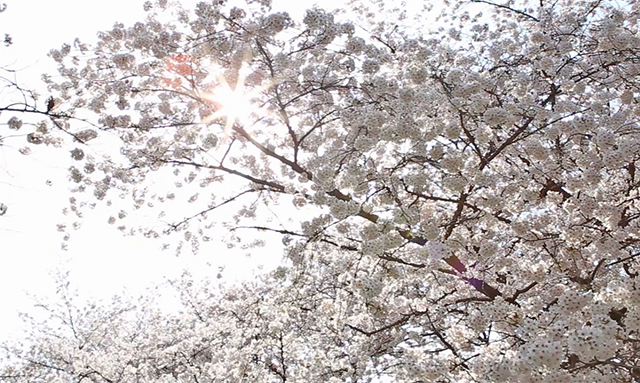
Meet our past directors
- HOME
- Researchers
- Meet our past directors
Meet our past directors
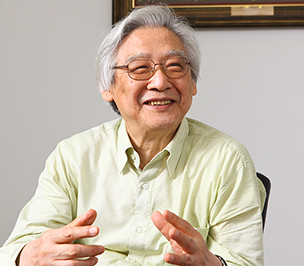
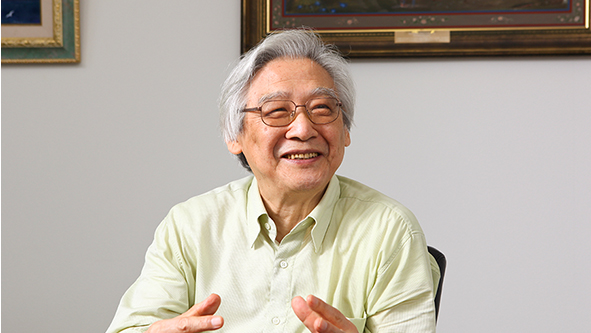
Masao Ito
BSI Director 1997-2003
Looking forward to the next 20 years
In 1997, when the Brain Science Institute (BSI) was established as RIKEN's first strategic research center, discussions took place in the preparation committee on how long it would take for the new organization to accomplish its goals. I answered, "at least 20 years," and that marked the launching of BSI’s 20-year plan.
I was skeptical as to whether I would be able to witness its progress over those 20 years, but I have, and in fact, it has been close to 30 years, if we count from the founding of the Frontier Research System, from which BSI originated. This gives us an inkling of how much time and money is necessary for basic research. BSI has expanded and grown substantially during this time and will surely grow even more as it transforms into CBS.
In the early days, when I was the BSI Director, everything was a process of trial and error, but we did place special importance on taking an interdisciplinary approach. We provided a framework for the many small and diverse research areas related to brain science to consolidate them into a mega-science while at the same time making an aggressive effort to maintain high international standards. The result of these efforts has been phenomenal as we have seen BSI become a major player in the international scientific arena over the past two decades.
I have no special words of wisdom to pass on to the next generation of researchers other than to say that I hope you will have the same frontier spirit that pushed Japan 20 years ago to undertake the challenge of exploring the as-yet unexplored.
Brain science has achieved incredible advances over the past 20 years, but there are still many frontiers to be explored, one of them being that of the mind and heart. I am intrigued and excited to think of the new advances that are certain to be made over the next 20 years.
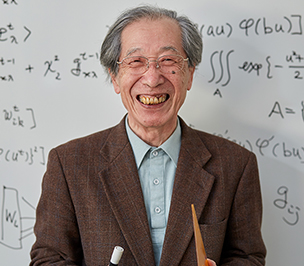
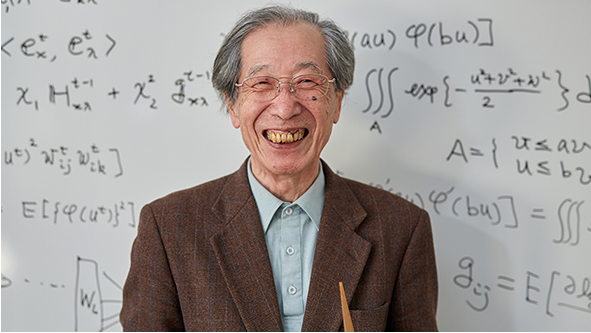
Shunichi Amari
BSI Director 2003-2008
A message to young researchers
Human beings have evolved to have an intellectual curiosity that drives us to build civilizations and pursue science and technology. Of course, research cannot be done with curiosity alone and must be supported by numerous frameworks that can be restrictive. Ultimately, though, research is the outcome of intellectual curiosity and is supported by the passion this curiosity generates. No matter what the conditions, researchers should not forget their original objectives and should stick to their motivations and goals.
Research is an agonizing process and results are not easy to achieve. But if you believe in yourself and stay steadfast on the hard road, someday, something will come of it. Soon, you will find joy in the struggle itself, and your elation when you at last achieve results will know no bounds. Good fortune is a must to achieve results, but good fortune does not come to you; you must go out and grab it. Good fortune only comes after great effort.
Research is an important component of—and supported by—society, but as scientists we are also accountable to society. Brain science is a human science that is broad, extremely important, and interesting. I hope that you will continue to move forward in this field, never forgetting the curiosity that sparks your ambitions. Do not take the easy road by simply following the instructions of others. Rather, be prepared always to embark on new adventures.
Physics Nobel laureate Dr. Shinichiro Tomonaga once said "RIKEN is a paradise for scientists". Today, Japan seems to be in another economic slump and science is losing its momentum. Was there ever really a paradise? Isn't a scientists' paradise something we must create ourselves? Stay true to yourself, even in the midst of struggle, and never forget your initial goals as you create your own paradise. It is this that gives purpose to our lives.
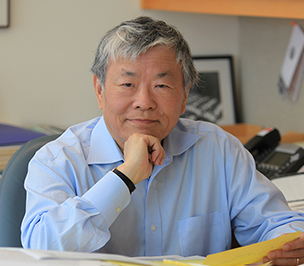
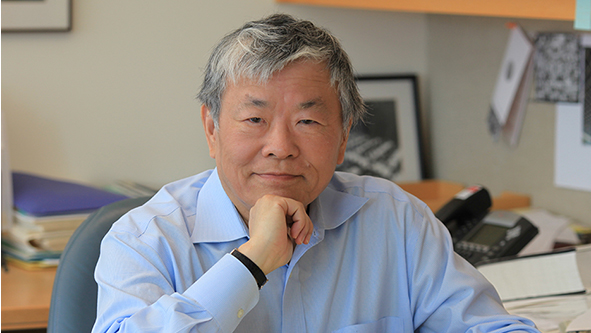
Susumu Tonegawa
BSI Director 2009-2017
A message to young researchers
A newspaper article recently reported that a 2017 survey of Japanese children found that "scholar/professor" was the top response of children asked what they want to be when they grow up. Apparently, this is the first time in 15 years that "scholar/professor" has ranked above all other professions. I was both surprised and pleased to read this.
According to the article, this survey has been done every year since 1989, and with the exception of two years, "soccer player" and "baseball player" have been the top two choices every time. The newspaper article speculates that the sudden ascendance of "scholar/professor" as a dream job may be due to the frequency of Japanese Nobel-prize winners in science appearing in the media in the past few years. Whatever the reason, it is indeed a joy to know that children are attracted to science.
However, I am greatly concerned that these children's dreams of scholarship may be deflated as they grow and choose their career path. The reality is that there are fewer Japanese students opting for careers in science, particularly as the government cuts back on funding for basic science, where researchers can discover the true wonder of the natural sciences.
As I look at the excellent scientists around me, I see many commonalities among them.
One, they have a true passion for scientific exploration and not only do they never tire in their efforts to uncover the secret of nature, but they take great pleasure in the process of discovery.
Two, while they were relatively young (graduate students or post-doctoral researchers), many of these people closely interacted with highly creative mentors and colleagues.
Three, while luck may have played a role in some seminal discoveries, I have seen that such luck comes more frequently to scientists who are resilient and able to overcome difficulties with a great sense of optimism and open-mindedness in order to learn from creative people around them.
As many children realize, being a scientist is a wonderful profession. In fact, like an artist and a musician, it is more than a profession: one does science because it is great fun!
I urge you to seek out and investigate the great mysteries of nature.



